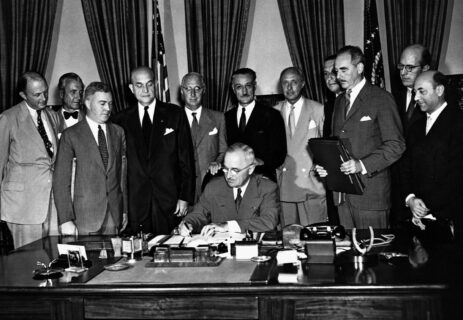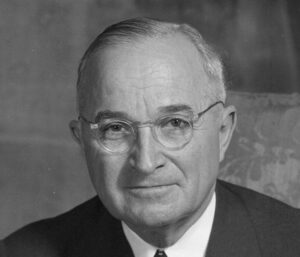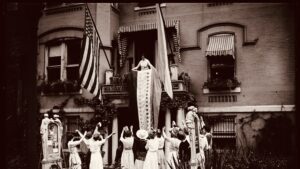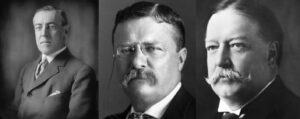
The Importance of NATO
Editor’s note: Russia’s invasion of Ukraine has turned attention again to NATO, as it has heightened awareness of the threat Russia poses to the liberal political order shared by NATO members. These members now include nations in eastern Europe, but not Ukraine. Given this renewed interest in NATO, we re-publish a revised version of a post published originally in 2014.
This week is the 65th anniversary of the signing of the treaty that established the North Atlantic Treaty Organization (NATO). The first peacetime military alliance outside of the Western hemisphere that the US joined, it marked a departure from the generally isolationist policy of the US prior to the World War II. During the early years of the Cold War, Truman and his policy advisors saw a need to provide collective security against an expansionist Soviet Union. The Soviet blockade of West Berlin, the Soviet-sponsored coup in Czechoslovakia, added to worries about Soviet meddling in Greek and Turkish affairs, and caused US officials to worry that Western European states could find their independence compromised. Through the Marshall Plan, the US had already demonstrated a willingness to support the political security of Western Europe through aid to its economic recovery. This helped many Western European states to see the advantage of a military alliance.

Collective security was the purpose behind the United Nations, but Truman’s speech at the signing of the NATO treaty included a careful reference to an impasse already arising in that organization:
Within the United Nations, this country and other countries have hoped to establish an international force for the use of the United Nations in preserving peace throughout the world. Our efforts to establish this force, however, have been blocked by one of the major powers.
This lack of unanimous agreement in the Security Council does not mean that we must abandon our attempts to make peace secure.
His speech also included a statement of political principles that Truman implied the parties to the alliance shared:
We believe that it is possible for nations to achieve unity on the great principles of human freedom and justice, and at the same time to permit, in other respects, the greatest diversity of which the human mind is capable.
Our faith in this kind of unity is borne out by our experience here in the United States in creating one nation out of the variety of our continental resources and the peoples of many lands.
This method of organizing diverse peoples and cultures is in direct contrast to the method of the police state, which attempts to achieve unity by imposing the same beliefs and the same rule of force on everyone.
Truman made the same point in his speech to the Senate appealing for ratification of the treaty:
The nations signing this treaty share a common heritage of democracy, individual liberty and the rule of law. The American members of the North Atlantic community stem directly from the European members in tradition and in love of freedom. We have joined together in the progressive development of free institutions, and we have shared our moral and material strength in the present task of rebuilding from the devastation of war.
The love of freedom and a willingness to defend it remain the core of NATO’s commitment and explains its interest in helping Ukraine.



